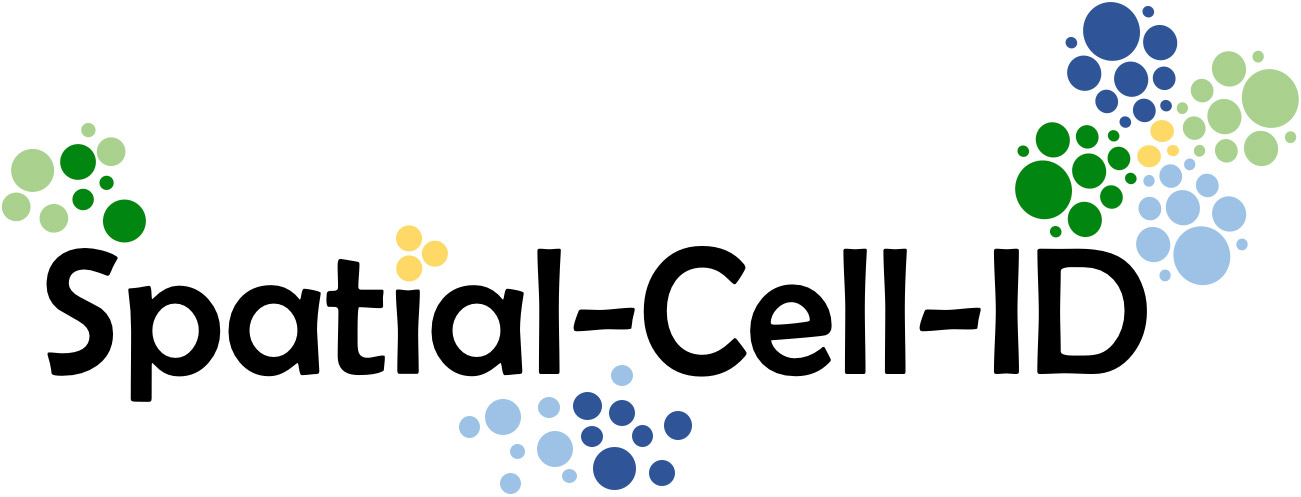Published on
20/03/2025
Offre d'Emploi / Job Offer: Ingénieur-e en techniques biologiques / Engineer in Biological Techniques
Ingénieur-e en techniques biologiques
Niveau de recrutement :
De formation Bac+3 minimum
CDD 18mois à partir du 01/06/2025 - Rémunération selon expérience
- Mission
L'ingénieur-e d'études participera aux développements et aux expériences de la plateforme Spatial-Cell-ID. Cette plateforme met en place des pipelines de transcriptomique spatiale chez divers organismes en utilisant des techniques d’imagerie et de génomique de pointe. L'ingénieur-e d'études développera chez Arabidopsis un pipeline d’imagerie multiplexée MERFISH 3D (Multiplexed Error-Robust Fluorescence In Situ Hybridization). Le MERFISH 3D permet la visualisation de centaines de gènes in situ en 3D grâce à des cycles multiples d’hybridation in situ par fluorescence d’ARN et d’imagerie en utilisant un appareillage de microfluidique couplé à un microscope. - Activités
- Développer des techniques et conduire, en adaptant les conditions expérimentales, un ensemble de protocoles pour la mise en place d’expériences de smFISH/MERFISH.
- Concevoir et optimiser des expériences dans le cadre d’un domaine d’étude de la biologie
- Rédiger des rapports d’expériences ou d’études, des notes techniques
- Participer à la gestion des moyens techniques
- Assurer une veille scientifique et technologique dans son domaine d’activité
- Mettre en œuvre une démarche qualité et un suivi métrologique des équipements
- Compétences
- CONNAISSANCES
- Biologie (connaissance approfondie)
- Réglementation en matière d’hygiène et de sécurité
- Cadre légal et déontologique
- Informatique appliquée
- Langue anglaise : B1 à B2
- COMPETENCES OPERATIONNELLES
- Techniques de biologie moléculaire, une expérience en smFISH (Single Molecule Fluorescence In SituHybridization) est un plus.
- Expérience en microscopie photonique, en particulier pour l’étude de systèmes biologiques
- Utilisation des logiciels spécifiques à l’activité
- Conception des dispositifs expérimentaux
- Rédaction des documents scientifiques
- COMPÉTENCES COMPORTEMENTALES
- Capacité de raisonnement analytique
- Sens de l'organisation : rigueur et dynamisme
- Sens relationnel : capacité à travailler et interagir avec une équipe inter-disciplinaire
- CONNAISSANCES
- Environnement et contexte de travail
Dans le cadre du projet Spatial-Cell-ID, l‘ENS recrute un(e) Ingénieur(e) d’études H/F qui se sera localisé à l’Institut de Génomique Fonctionnelle de Lyon (IGFL, ENSL). L’IGFL abrite toute l’infrastructure (Microscope 3D STED couplé à un appareillage de microfluidique et une salle de bio-informatique) nécessaire au développement d’une pipeline complète de 3D MERFISH allant du design des sondes à l’analyse des données. La production des échantillons se fera au laboratoire Reproduction et Développement des Plantes (RDP), sur le site de l’ENSL. - Relation hiérarchique
L’ingénieur-e d’études sera placé(e) sous la responsabilité de Jonathan Enriquez co-porteur d’un projet EXPLOR’AE (INRAe) qui finance le développement du 3D MERFISH chez la plante. Il/Elle sera également supervisé par Teva Vernoux co-porteur du projet EXPLOR’AE et du projet Spatial-Cell-ID. L’ingénieur-e d’études pourra également rendre compte à la direction du laboratoire ou de l’institut selon l’organisation en place. - Relations fonctionnelles
L‘Ingénieur(e) d’études travaillera avec un groupe de travail de l’EquipEx+ Spatial-Cell-ID composé de biologistes, microscopistes et bio-informaticiens. Il travaillera également en étroite collaboration avec l’équipe de Teva Vernoux au RDP (laboratoire Reproduction et Développement des Plantes) pour mettre en place le 3D MERFISH chez les plantes.
Vous pouvez déposer votre candidature en suivant ce lien : https://ens-lyon.softy.pro/offre/155412
Engineer in Biological Techniques
Recruitment Level:
Bachelor's degree (Bac+3) minimum
18-month fixed-term contract starting from 01/06/2025 - Salary based on experience
- Mission
The research engineer will contribute to the development and experiments of the Spatial-Cell-ID platform. This platform implements spatial transcriptomics pipelines in various organisms using advanced imaging and genomics techniques. The engineer will develop a 3D MERFISH (Multiplexed Error-Robust Fluorescence In Situ Hybridization) pipeline in Arabidopsis. 3D MERFISH allows the visualization of hundreds of genes in situ in 3D through multiple cycles of RNA fluorescence in situ hybridization and imaging, using a microfluidic system coupled with a microscope. - Activities
- Develop and adapt experimental conditions for implementing smFISH/MERFISH techniques.
- Design and optimize experiments within a biological research framework.
- Write experimental reports, technical notes, and study documentation.
- Contribute to the management of technical resources.
- Conduct scientific and technological monitoring in the field.
- Implement quality control and metrological monitoring of equipment.
- Required Skills
- KNOWLEDGE
- Biology (in-depth knowledge)
- Health & safety regulations
- Legal and ethical frameworks
- Applied informatics
- English proficiency: B1 to B2
- TECHNICAL SKILLS
- Molecular biology techniques, experience in smFISH (Single Molecule Fluorescence In Situ Hybridization) is a plus.
- Experience in light microscopy, particularly in biological system imaging.
- Proficiency in software tools related to the activity.
- Experimental device design.
- Scientific writing skills.
- BEHAVIOURAL SKILLS
- Analytical reasoning ability
- Organizational skills: precision and dynamism
- Interpersonal skills: ability to work and interact within a multidisciplinary team
- KNOWLEDGE
- Work environment
As part of the Spatial-Cell-ID project, École Normale Supérieure de Lyon (ENS) is hiring a research engineer to be based at the Institute of Functional Genomics of Lyon (IGFL, ENSL). The IGFL provides all the necessary infrastructure for developing a complete 3D MERFISH pipeline, from probe design to data analysis, including: 3D STED microscope coupled with a microfluidic system and Bioinformatics facility. The production of the samples will take place at the Reproduction and Plant Development (RDP) laboratory, on the ENSL site. - Hierarchical Relationship
The research engineer will report to Jonathan Enriquez, co-coordinator of the ExploraE project (INRAe), which funds the 3D MERFISH development in plants. Additionally, the engineer will be supervised by Teva Vernoux, co-coordinator of ExploraE and Spatial-Cell-ID projects. The engineer may also report to the laboratory or institute management, depending on the internal organization. - Functional Relationships
The research engineer will collaborate with a working group from EquipEx+ Spatial-Cell-ID, composed of: biologists, microscopists, bioinformaticians. Additionally, they will work closely with Teva Vernoux’s team at RDP (Laboratory of Plant Reproduction and Development) to implement 3D MERFISH in plants.
You can submit your application by following this link: https://ens-lyon.softy.pro/offre/155412

